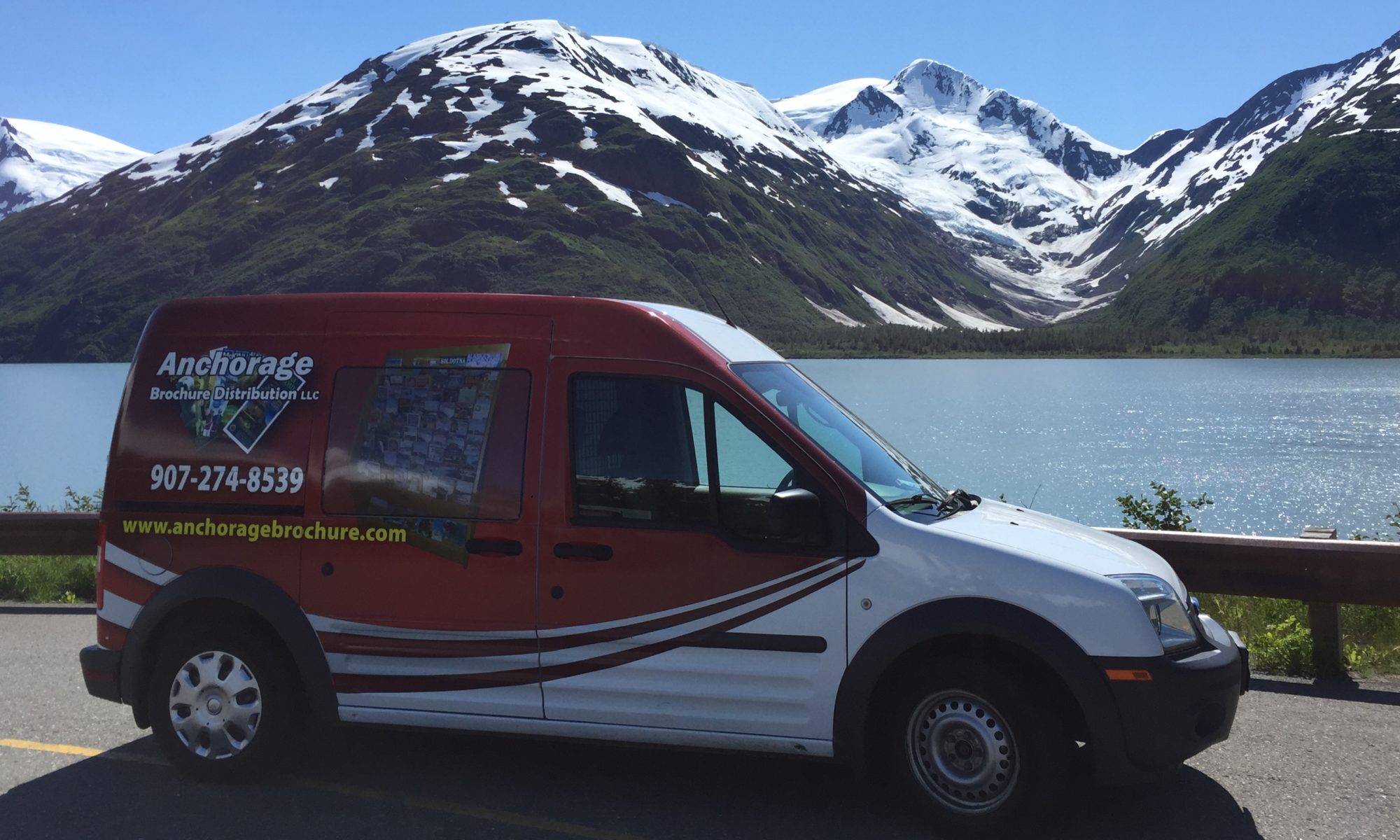Question by Bharati: Is there an alaska cruise that does not touch/stop-in Canada?
I want to take an Alaska cruise with my family, but if the ship stops at a Canadian port, I will need to get a visitor visa for Canada. I don’t want to go through that hassle. Is there a 5-7 day Alaska cruise that does not stop at Canada/British Columbia?
Thanks!
Best answer:
Answer by TINKERTOY ….. the 1 & only
I do not understand why you need a Canadian visitor visa but here’s the deal. All cruise ships using US ports MUST (are required to) stop in a non-US port by direction of the Jones Act. This Federal Law prohibits travel between two contiguous U.S. ports. For example, you cannot board the ship in New Orleans and then debark in Tampa. Such travel would constitute point to point transportation between two U.S. ports, which is prohibited on foreign flagged ships.
These restrictions stem from a series of laws enacted in the 1920’s commonly referred to as the Jones Act. Among other things the laws require that only American owned ships transport goods and people between American ports. These laws have continually been supported by Congress and U.S. Presidents.
Unfortunately, however, gone are the days where there were cruise ships owned by American companies and sailing under U.S. flags. For primarily tax benefits and cost savings reasons such as crew salaries, even cruise lines headquartered in the United States elect to flag their ships in foreign countries, such as Panama and Liberia.
So All cruises must at some point stop in a foreign port.
This is from the Royal Caribbean web site:
Can I take a partial cruise?
A: Yes! Partial cruises allow you to enjoy part of your cruise vacation in the event that you are unable to meet the ship in the scheduled boarding port, or would like to end your cruise earlier than the scheduled departure date.
Requests for security clearance concerning late boarding or early departure must be submitted in writing to the Guest Flight Operations office for consideration at least one week prior to sail date. Guests must have a confirmed reservation in order to receive clearance. If the reservation was made by a travel agency, the agency must submit the request on travel agency letterhead. Guests with reservations made directly through Royal Caribbean International or royalcaribbean.com can submit their own request. Please include a return fax number or e-mail address.
If guests are pre-approved for boarding/departure in an alternate port of call, the ship’s security staff is notified to expect the guests at the designated port. The approved guests are responsible for making all travel arrangements and will incur any additional expenses (for flights, hotels, transfers to the pier, etc.). Prepaid gratuities will be added to all approved reservations for the length of cruise.
Restrictions: Certain countries, such as the U.S., Italy and Norway, have cabotage laws affecting passenger movements. These laws restrict foreign flag passenger vessels (such as those operated by Royal Caribbean) from transporting guests from one port to another port in the same country. In the U.S., the cabotage law applicable to the cruise industry is commonly called the Jones Act but is legally titled the Passengers Services Act. A brief summary of this U.S. law follows:
If a passenger (as listed on a vessel passenger manifest) embarks in a U.S. port and the vessel calls in a nearby foreign port (such as Ensenada, Grand Cayman and Nassau) and then returns to the U.S., the person must disembark in the same U.S. port. A passenger who embarks and disembarks in two different U.S. ports (such as Los Angeles and San Diego) would result in the carrier (not the violator) being fined. The vessel must call in a distant foreign port before the U.S. embarkation and disembarkation ports can differ. The nearest distant foreign ports are in or off the coast of South America. If either the passenger’s embarkation port or disembarkation port is in a foreign country, then the provisions of this cabotage law do not apply. Nor do they apply in Puerto Rico and the U.S. Virgin Islands.
Similar passenger movement restrictions exist for cruise vessels calling in Italy and Norway.
Please direct any requests and/or questions to the following e-mail address or fax number:
What do you think? Answer below!
